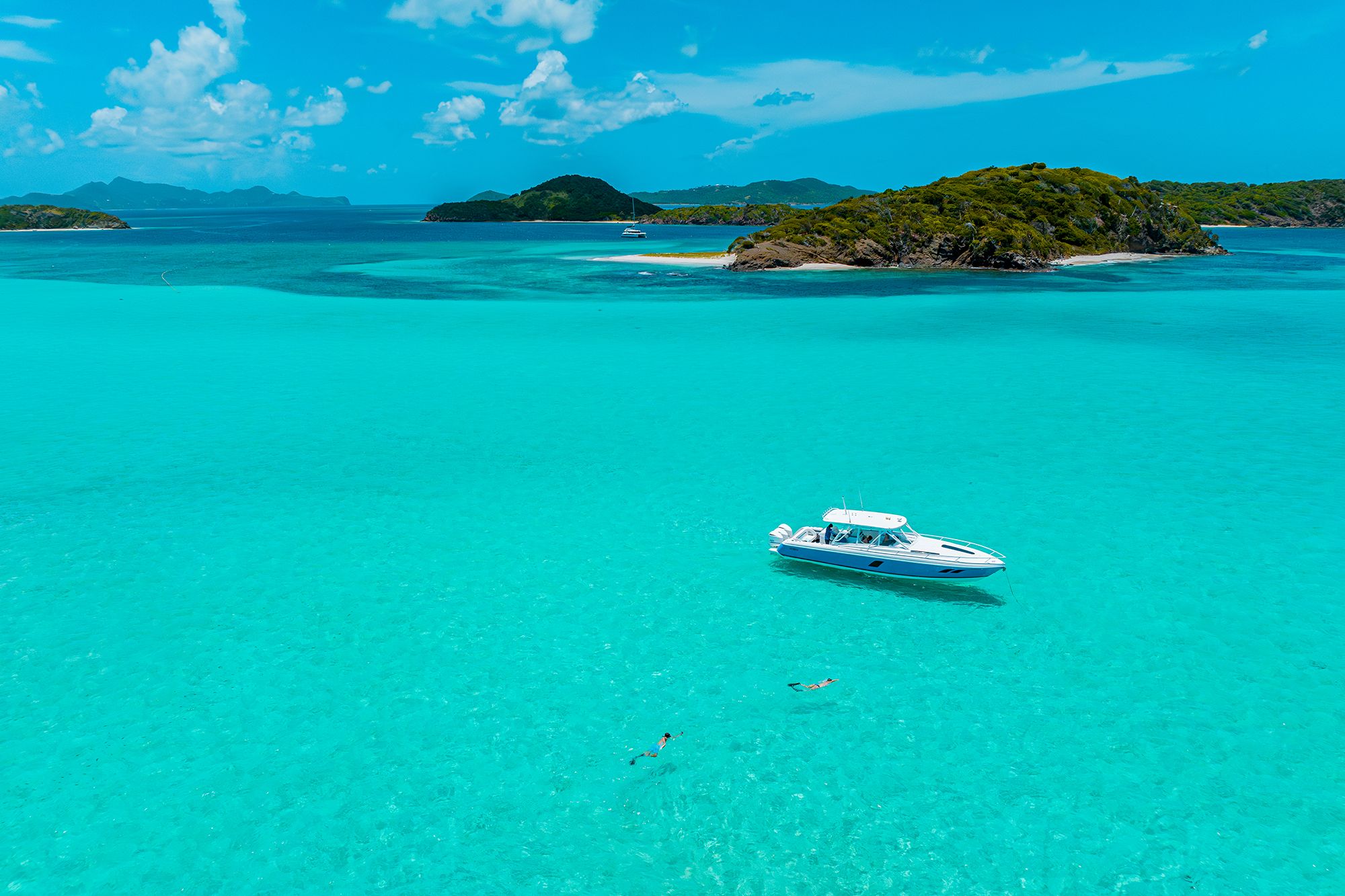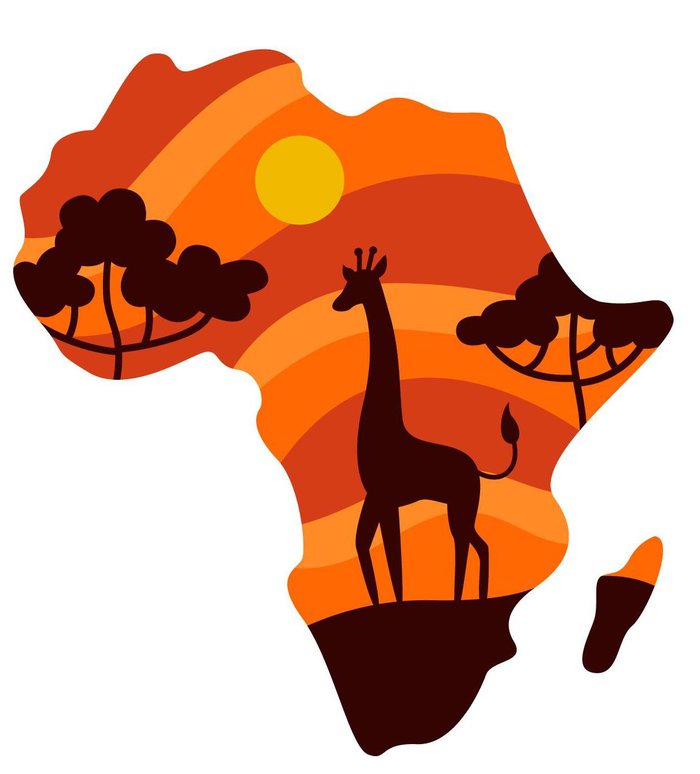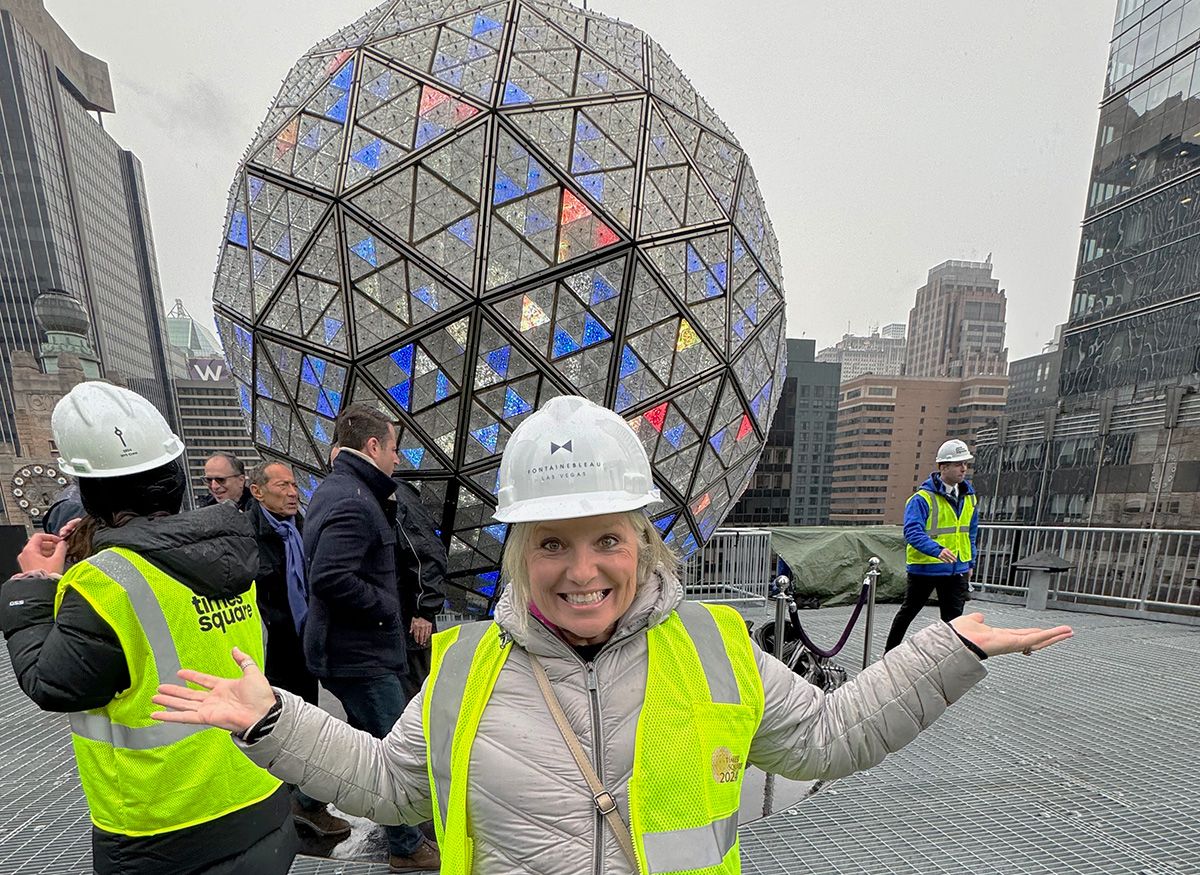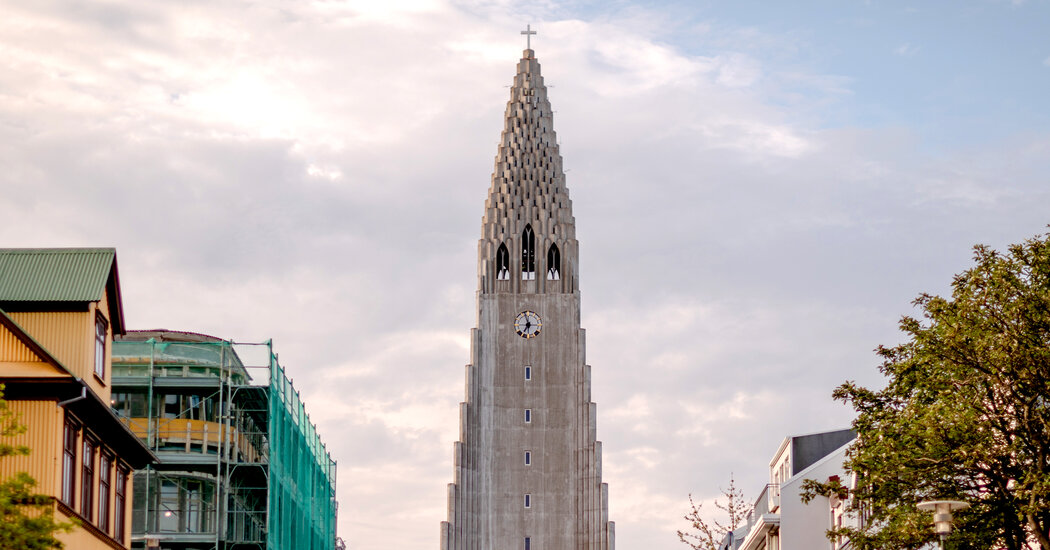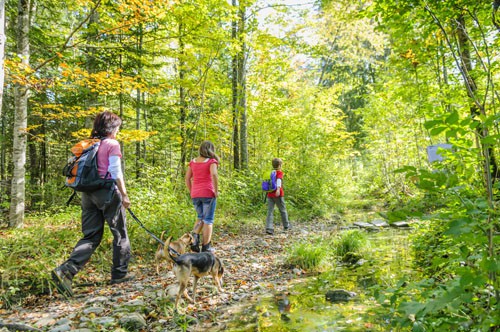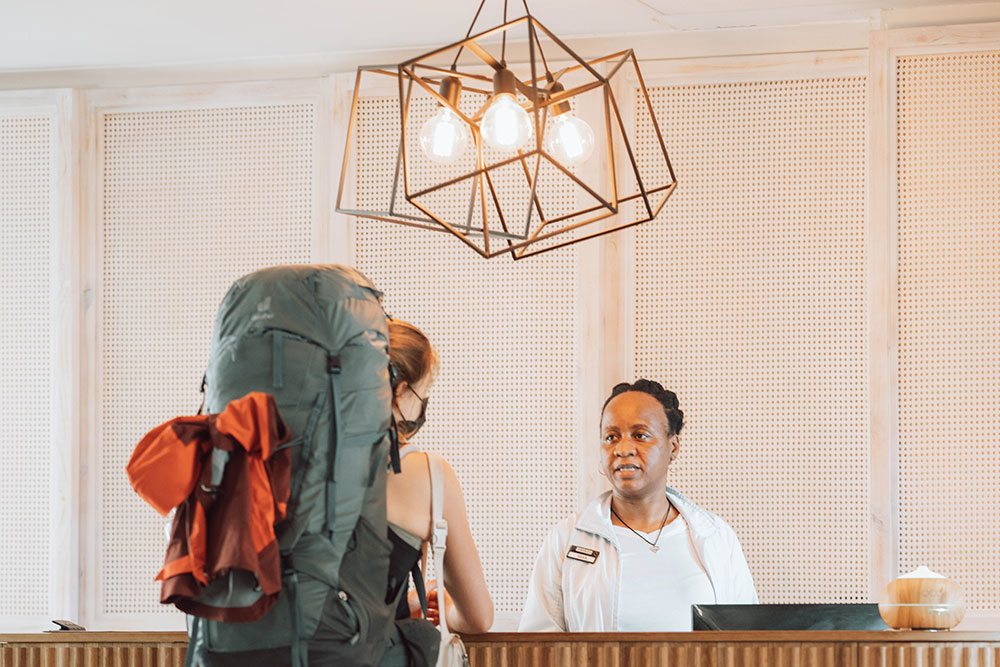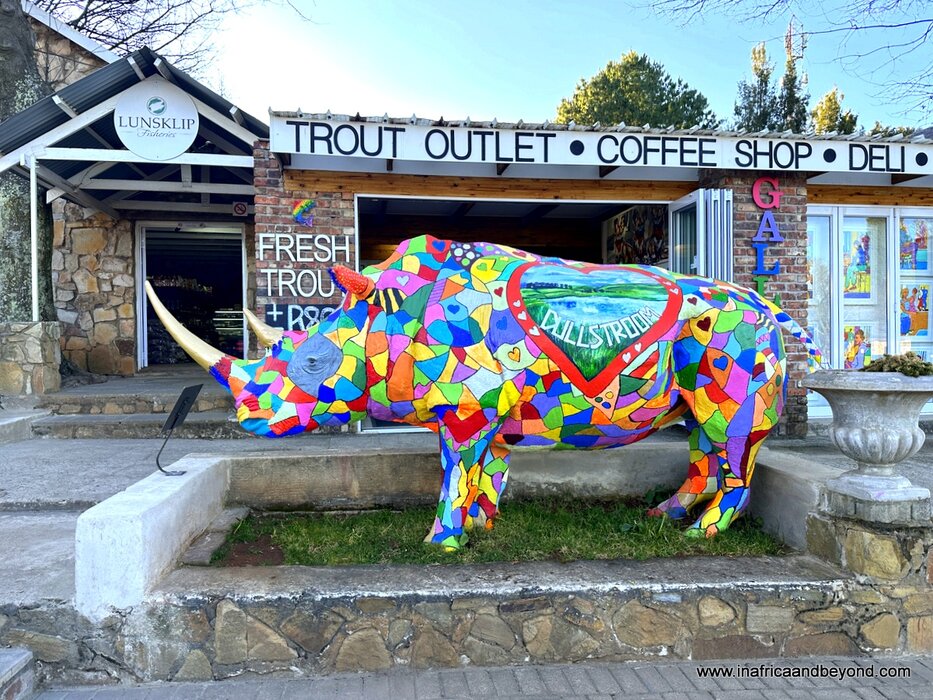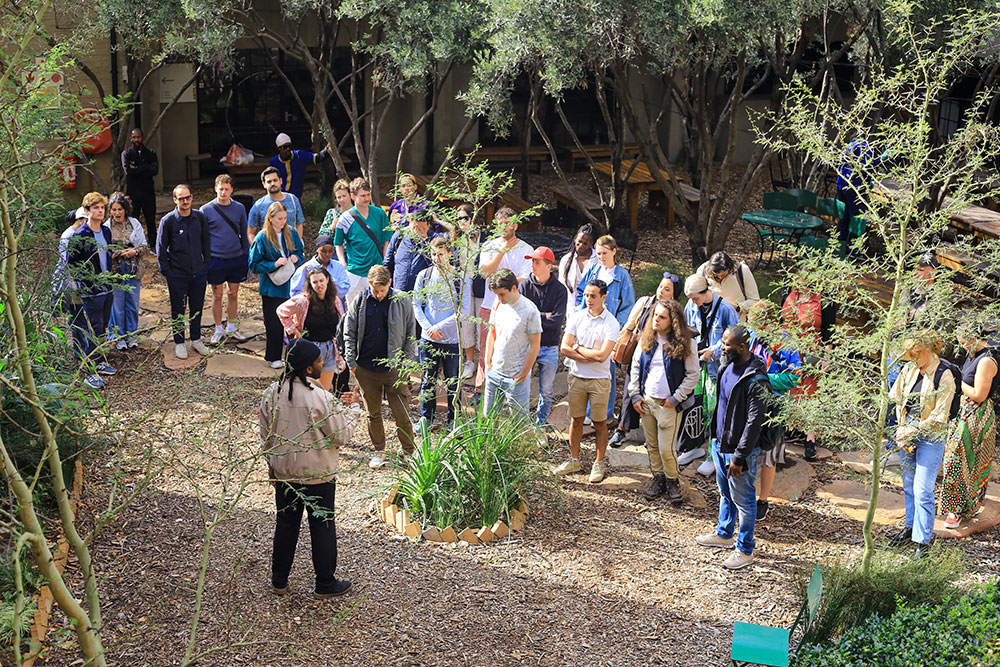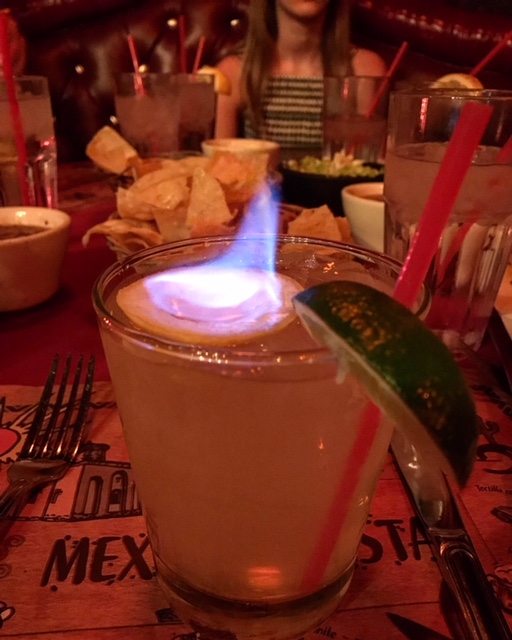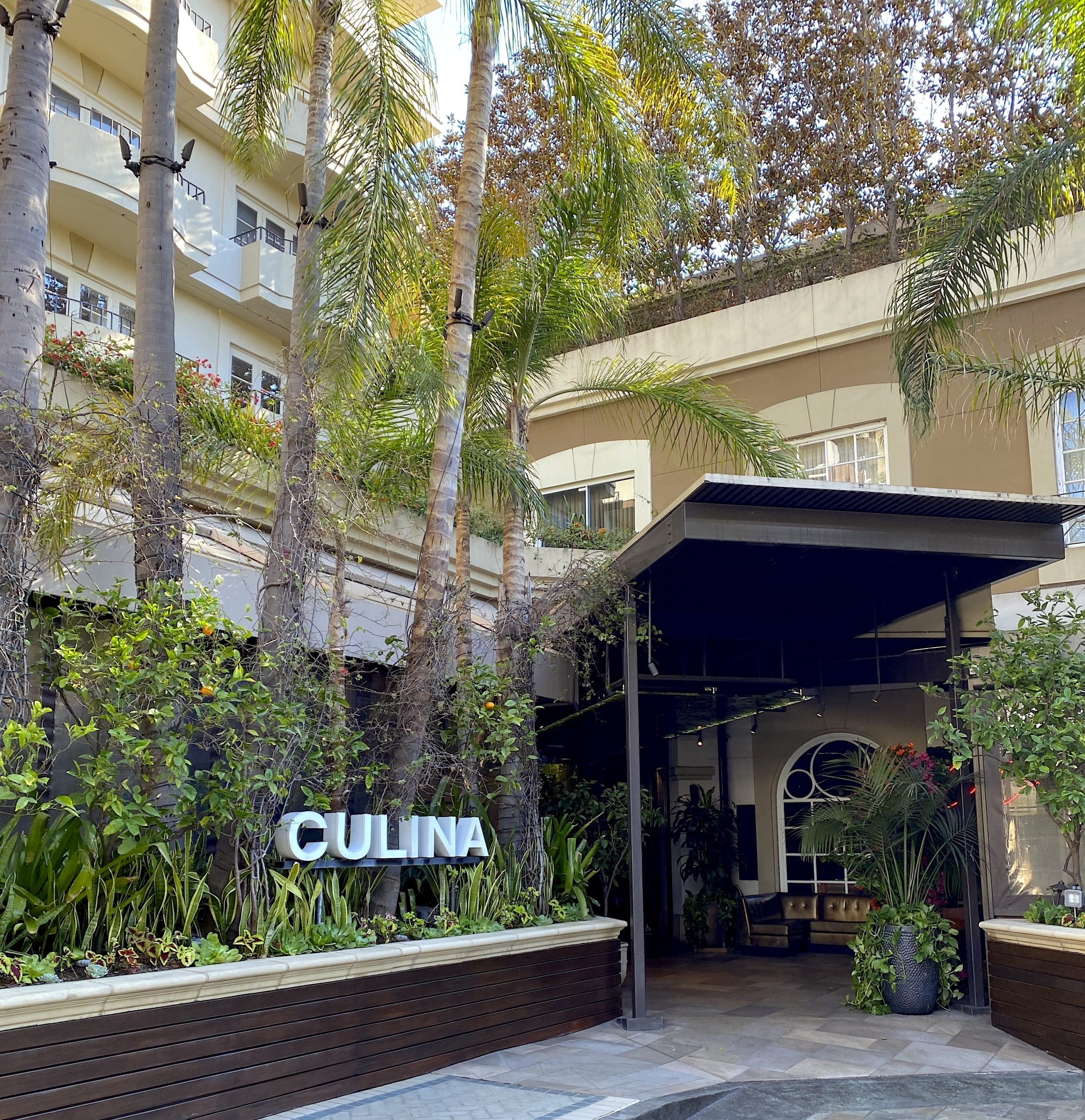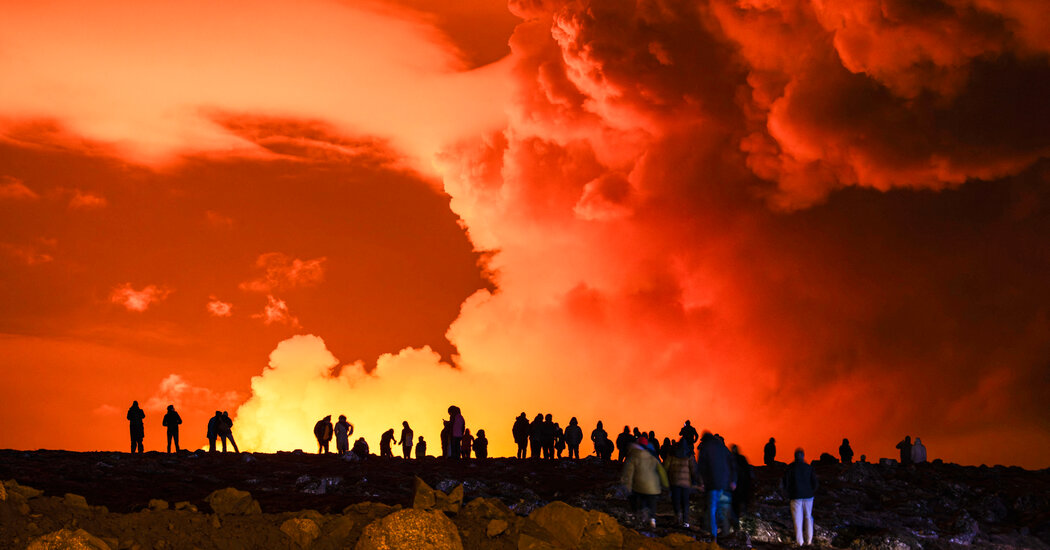
The Blue Lagoon resort in the south of Iceland is a scenic network of steaming azure pools surrounded by dark rocks, where tourists dip in the geothermal water, have spa treatments and enjoy what the resort advertises as “a universe of radiant well-being.”
But last week, a stream of radiant lava burst from a crater a few miles from the resort, forcing it to evacuate hundreds of guests, in yet another eruption of a volcano system in the Reykjanes Peninsula that had been dormant for 800 years.
The outbursts began in 2021, and the eruptions and earthquakes in the peninsula have destroyed some houses and forced villagers from their homes. One construction worker went missing in the town of Grindavik after falling down a crack caused by an earthquake.
The effects of the volcanic eruptions have rippled out beyond the peninsula, disrupting the tourism operations of a country that relies heavily on visitors.
Arnar Már Ólafsson, director general of the Icelandic Tourist Board, said that when a looming volcanic eruption led to the evacuation of Grindavik in November, it resulted in global anxiety that brought a drop in tourists.
“A spouting volcano doesn’t sound very inviting,” he said.
Icelandair, the country’s national airline, said it also saw a “significant negative impact on bookings” in the last months of 2023. And the low-cost Icelandic airline Play said that news of the eruption “cooled demand for Iceland as a destination.”
The tourism board did not release an estimate for the financial losses, and the airlines, while saying they experienced significantly slowed sales, did not quantify them.
Airline officials and the tourism board director stated emphatically in interviews and in the national news media that the reaction was unwarranted because the eruptions did not represent a direct threat to visitors or flights. They accused the news media of “alarmism.”
“In the international press, it just looks as if Iceland is ruined,” Birgir Jónsson, then Play’s chief executive, said in an interview published in December by a financial magazine.
Tourists used to flock to the Reykjanes Peninsula to watch the northern lights or bathe in the waters of the Blue Lagoon resort. But since the November earthquakes, the Blue Lagoon has had to close for some days. It said in a statement on Wednesday that it had also shut down from March 16 until at least Thursday and would continue to follow the authorities’ safety guidelines.
The Northern Light Inn, a family-run hotel, has also had to evacuate its guests four times since January and close for weeks, said Fridrik Einarsson, the inn’s owner. Now, they are compensating for the drop in tourists by serving lunches to the construction workers building protection walls in the area.
“If this continues for a long period of time, it will eventually be very, very challenging for us,” Mr. Einarsson said.
Mr. Ólafsson said that any threat to the Blue Lagoon geothermal resort undermined a key component of Iceland’s tourism sector.
“Without the Blue Lagoon, it would be a different destination,” he said, “like Egypt without the pyramids or Paris without the Eiffel Tower.”
The resort is particularly popular with visitors from the United States, and every year, hundreds of thousands of people visit the spa, according to the Blue Lagoon’s website. The spa is now protected by barriers.
The resort owes its existence to the geothermal energy generated by the volcanic system, which heats up its waters. But that same system is also now its main threat.
That paradox, many say, is at the heart of Iceland’s identity as an adventure travel destination where tourists seek out untamed nature in the form of waterfalls, glaciers and hot springs. And 130 volcanoes.
During the volcanic eruptions last year, as tourists flocked to sites where they could see the glowing river of lava, the government had to warn people to steer clear of the area since the situation could turn dangerous.
Now, Icelandic tourism operators say, the anxiety has eased somewhat, and tourism demand has gone up again since January. But for those remaining in the peninsula, there seems to be no immediate end in sight to the disruption of their businesses.
Last week, as Mr. Einarsson, the inn owner, evacuated his guests to another hotel because of the volcanic eruption, he said they could see lava from the parking lot.
“It’s quite a magnificent experience, to see a volcano,” he said.
Mr. Einarsson called his relationship to volcanoes a “tricky love and hate situation.”
On one hand, he said, “people are understandably concerned to stay in a hotel next to an eruption site.” On the other, he said, people come to Iceland for its nature, and the nature would not be the same without the country’s volcanoes.
“And I would not be in the business,” he said.
Egill Bjarnason contributed reporting from Gran Canaria, Spain.
Publisher: Source link
Latest Posts
-
31 July 2025
-
26 July 2025
-
14 July 2025
-
01 July 2025
-
07 August 2025
-
29 July 2025
-
20 February 2025
-
04 February 2025
Newsletter
Sign up for free and be the first to get notified about new posts.
Get The Best Blog Stories into Your icountox!
Sign up for free and be the first to get notified about new posts.

